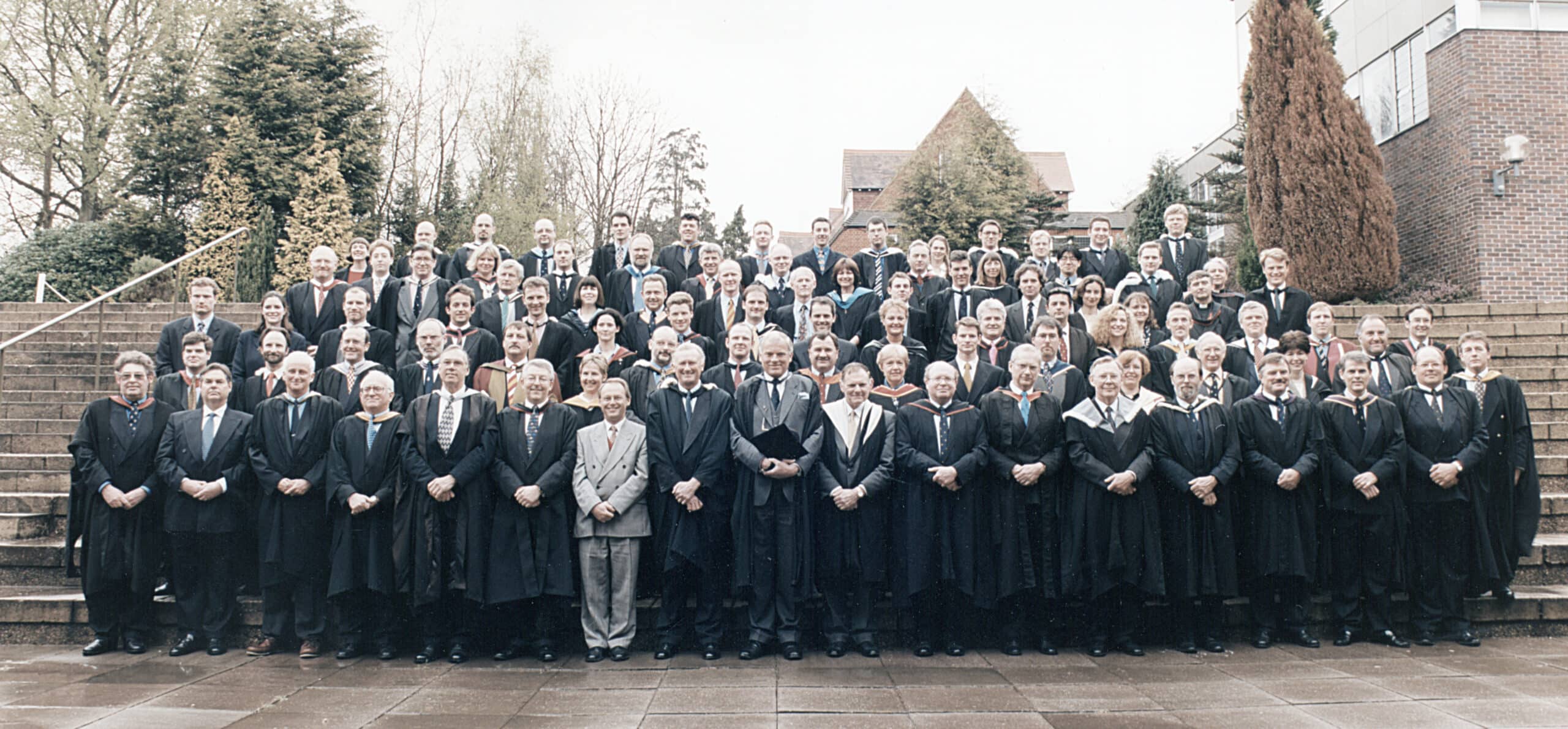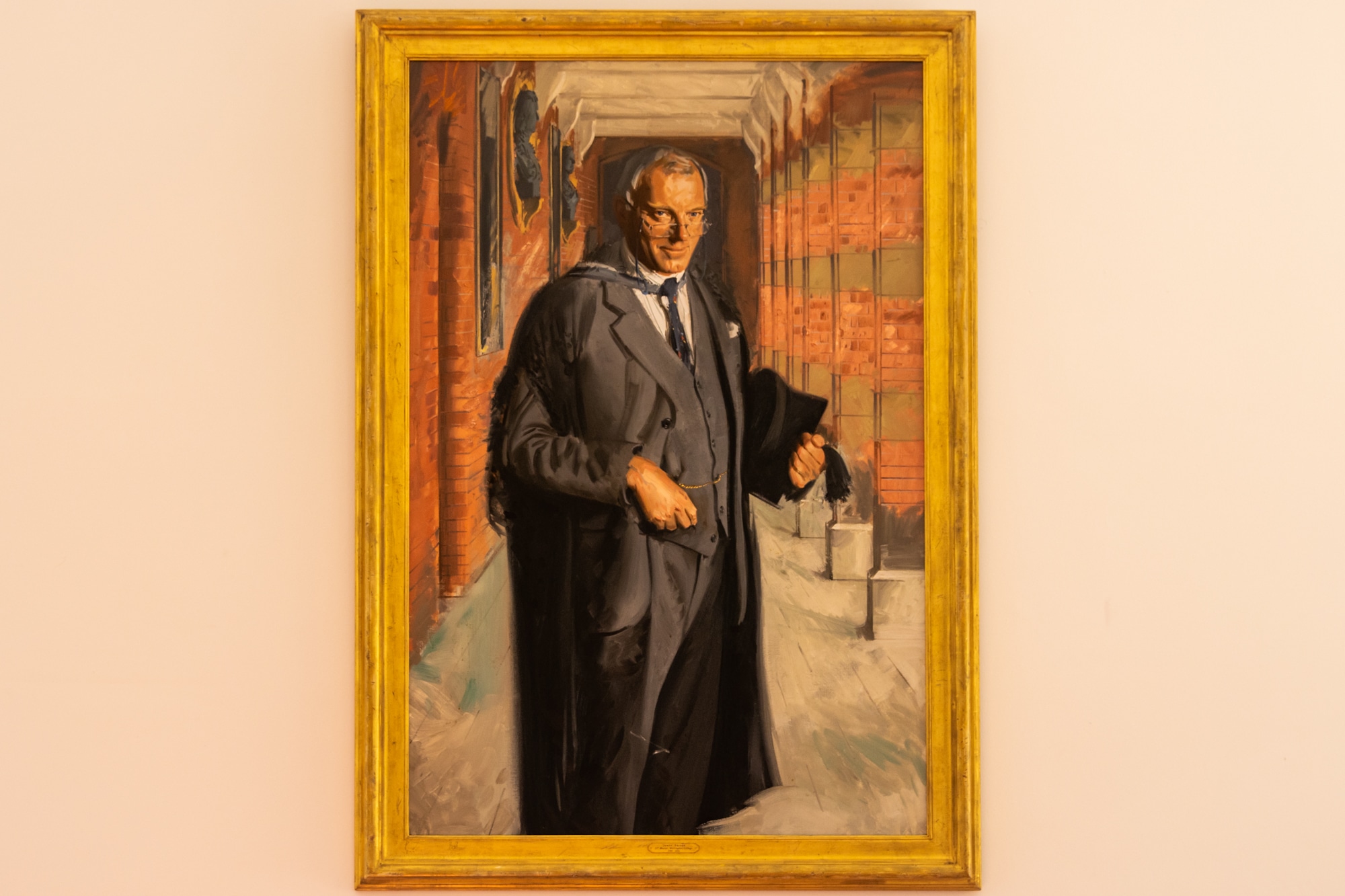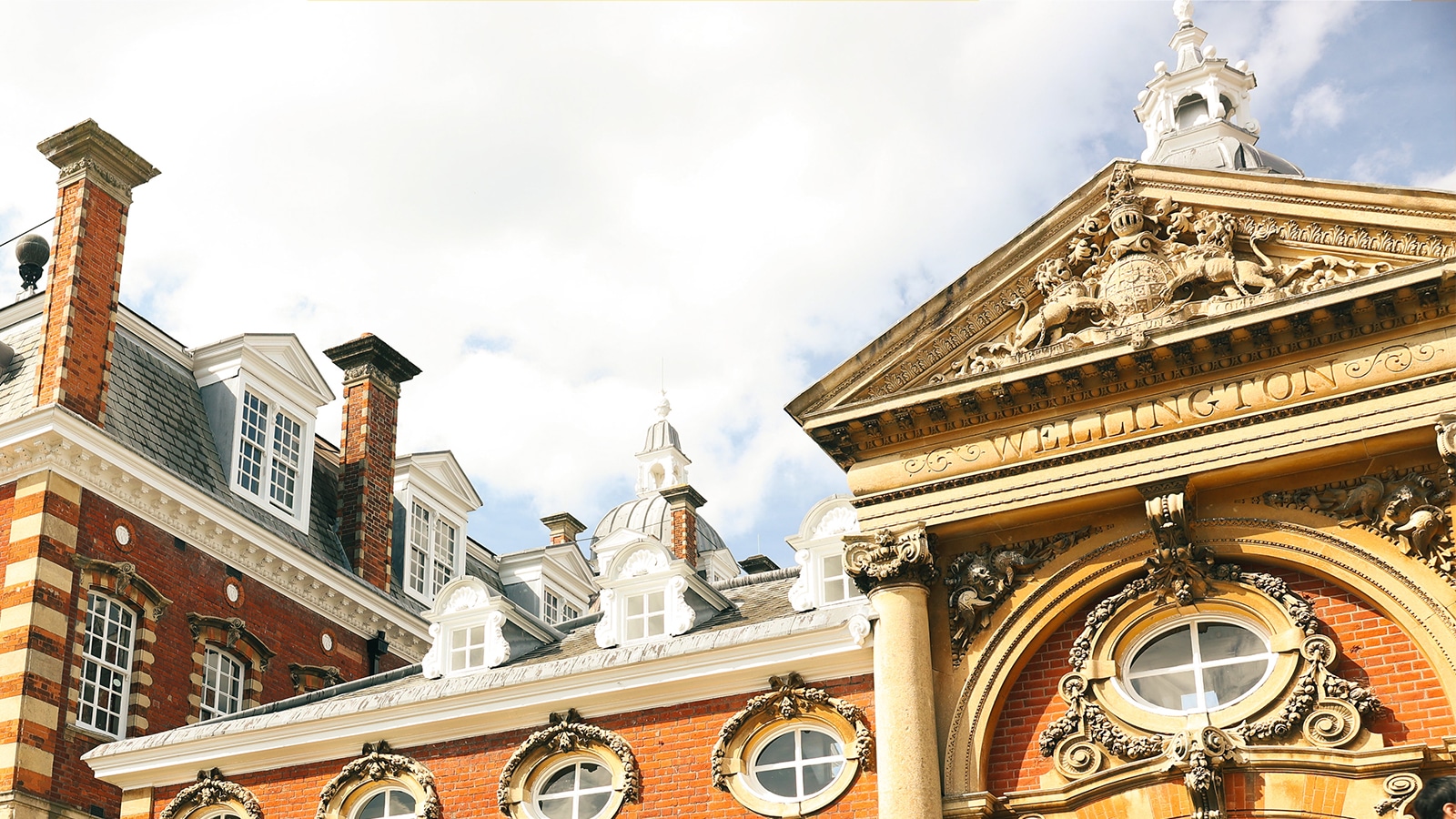
Few Masters have had such an impact on Wellington College as Jonty Driver. Appointed in 1989 as the 11th Master of Wellington, he served the College with distinction until 2000, his Mastership defined by clear and brave decision-making and an unshakable belief in the potential of the school. Many would claim that it was Jonty who was chiefly responsible for laying the foundations of many practices that are now taken for granted. He was, in just about every way, a revolutionary Master.
Several issues required Jonty’s immediate attention when he took over: discipline needed tightening with Housemasters and senior pupils perhaps too influential; numbers were on the wane and academic standards were slipping. Jonty, who had already enjoyed successful headships at Island School Hong Kong and Berkhamsted, brought a steely, but always fair, sense of purpose, not only solving problems, but also bringing in many important innovations.
Jonty restructured Common Room by developing a Senior Management Team; he reintroduced the notion of compulsory Chapel attendance; he espoused the use of IT; he set out to make the school more international; he aligned Wellington with the Round Square network of schools; he established the democratic election of prefects and introduced leadership training for staff and pupils; he developed a sense of corporate Identity; he founded the WCA which saw a much greater involvement of parents in the day to day life of College; he brought in the Basic Courtesies as a blueprint for well-mannered behaviour, and he began the process, by transforming the Quads, of making Wellington more beautiful.
Jonty was a man of many – and often contradictory – parts, with his Hollywood good looks, his stern demeanour, his twinkly-eyed friendliness, his willingness to lay down the law, and his readiness to embrace new ideas. If his early Wellington years were characterised by firm discipline, he will also be remembered with great affection for his liberal beliefs, his kindness, his writing (he is a renowned poet), his violin playing in the orchestra, and his shambling and tortuous runs around the College estate. ‘Lead kindly Light, amid the encircling gloom’ wrote John Henry Newman, the words to Jonty’s favourite hymn: ‘I do not ask to see the distant scene; one step enough for me.’ The steps he took utterly transformed Wellington, his decision to open the College to public view not only restricted to his most controversial decision, the cutting down of the Rhododendrons, but also to his insistence that Wellington should become one of the World’s, and not just the UK’s, great schools. Under his leadership the College began to be just that.










